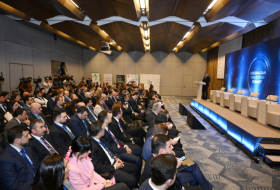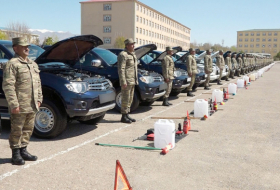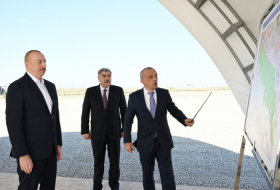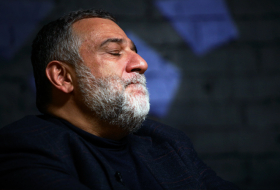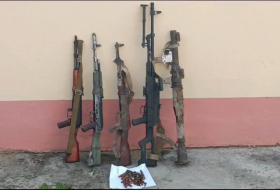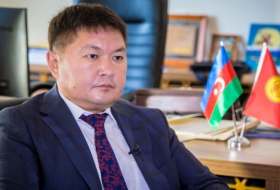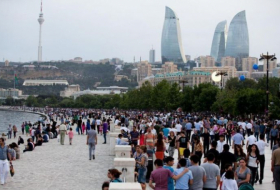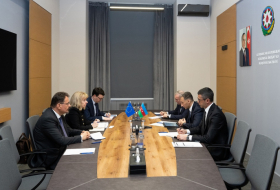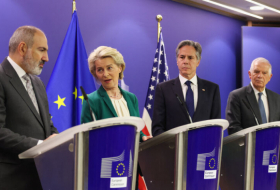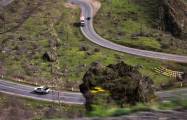France urged to house children living alone in Calais camp
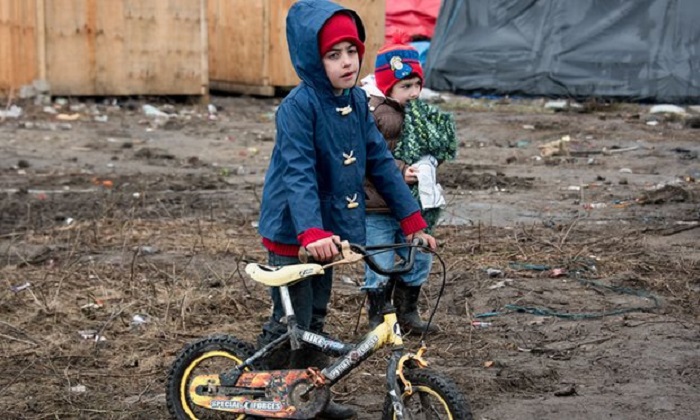
Anne Longfield, the children’s commissioner for England, said that while she supported the French government’s decision to close the camp, “this needs to be done in a properly planned way so that children currently there are protected from harm and do not disappear from the radar of the agencies or try to make the dangerous trip across the Channel in the back of a lorry”.
When parts of the camp were demolished earlier this year, 129 children went missing. “We know that papers were destroyed and homes were torn down, support networks ripped up,” Longfield said.
She criticised the French government’s failure to provide homes for the unaccompanied children over the past year as the site expanded rapidly. “I do feel angry with the French for not protecting the children that are there,” she said. “It is horrific. Children are clearly at immense risk – both if they stay in the camp, at risk from traffickers, and are exposed to immense dangers if they try to get on a train or a lorry.”
She said she was shocked that the situation had been allowed to continue for so long. “It seems inconceivable that you would have that situation in England – hundreds of children living in the woods or without any protection. It is a dire situation. While they are in France, the French government has to protect them.”
The main French charity working to house unaccompanied asylum-seeking children, France terre d’asile, said last week that it was turning away 15-35 children a day because its centre was full.
Longfield said she was concerned that the British government was not acting with sufficient urgency both in processing “Dublin III” claims from children in Calais who had family in the UK and so had a legal right to travel here, and in implementing the Dubs amendment, under which it has commited to house an unspecified number of the estimated 90,000 vulnerable unaccompanied refugee children currently in Europe.
“The British government has been very worried about encouraging more children to come to Calais. I think there is a point now where they have a responsibility to step up with the French government to ensure those children who can come here are helped to as swiftly as possible.”
She said the recent death of a 14-year-old boy from Afghanistan – he appeared to have had the right to be reunited with family in the UK but was killed in a hit and run as he tried to climb on a lorry to travel to England – could have been prevented if the legal processes had been faster.
“It was a tragedy. This was a child who could have been protected and wasn’t. That has to be a responsibility for us all. There has to be a process that has urgency around it to get children here if they are eligible,” she said.
Geneviève Avenard, France’s children’s commissioner, said: “If the camp is cleared, the closure must comply with French law. Every child who is currently living there should be provided with appropriate accommodation so closure should not be enforced until the authorities have looked for genuine alternative accommodation.”
Avenard and Longfield were due to travel together on Wednesday to visit a reception centre in Dover for asylum seekers who have crossed the Channel, and where there are child-friendly facilities run by the Refugee Council.
The children’s commissioners’ concerns were echoed by charities working with refugee children. “Before the bulldozers arrive, there must be robust plans to safeguard the hundreds of unaccompanied children currently stranded in the camp,” said Unicef UK’s deputy executive director, Lily Caprani. “If mistakes from the first eviction are repeated, we will see more children going missing, falling prey to traffickers and facing the winter without a home.”
Josie Naughton, the co-founder of Help Refugees, said: “There are currently 1,022 children on their own in the Calais camp. These children need to be made a priority and adequate care needs to be provided for them.”








